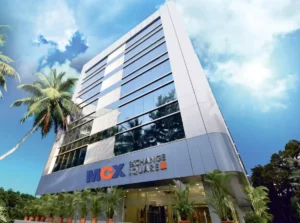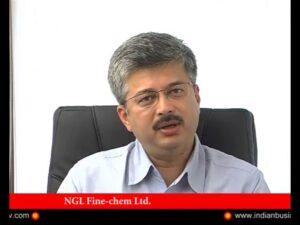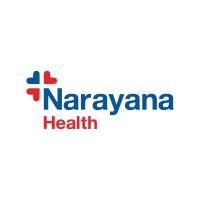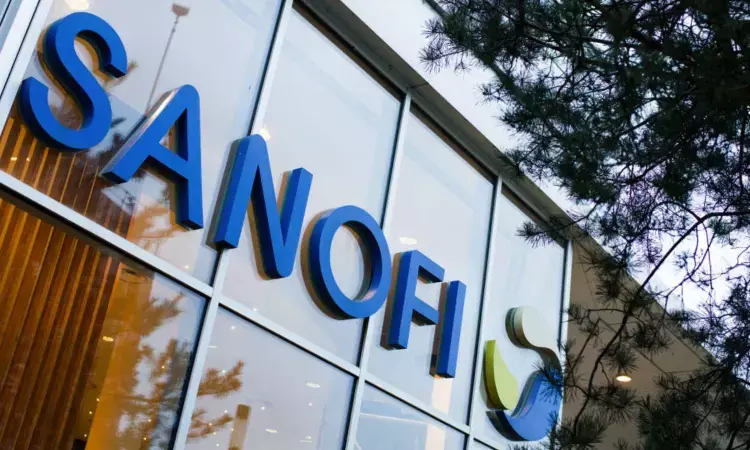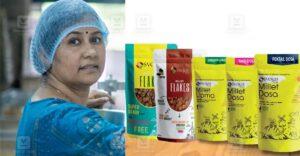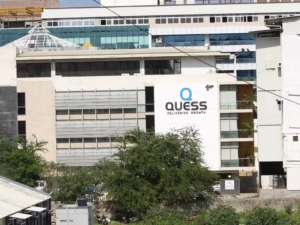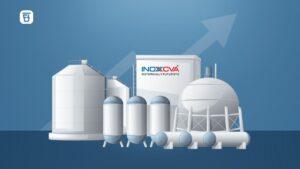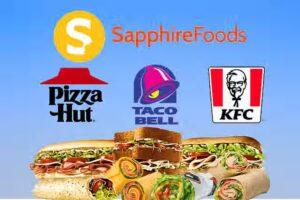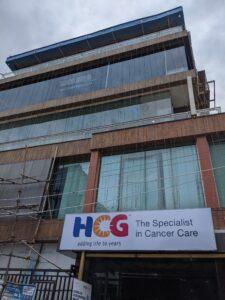At a Glance
Sanofi India, the pharma aristocrat with French roots and Indian execution, has turned in a Q2 FY25 that’s a mixed prescription. Revenue fell 12% YoY to ₹406 crore, while PAT plunged 25% to ₹70 crore. Margins stayed healthy at 23%, but sales decline continues to drag sentiment. The parent company still controls 60.4%, ensuring control stays Parisian, not desi. For investors, this stock is like insulin: essential for stability but costs an arm and a leg at a P/E of 37×.
Introduction
Sanofi India has long been a heavyweight in the Indian pharma scene, dominating chronic therapies like diabetes and cardiology. But recent years have been less about aggressive growth and more about holding ground as competition intensifies and product portfolios mature.
The company’s product basket is strong—Lantus, Allegra, and other big brands—but generic competition and pricing pressures have eaten into revenues. Sales have shrunk at a -8% CAGR over the last five years. Despite this, margins remain enviable, proving Sanofi still knows how to squeeze profits out of fewer pills.
Q2 FY25’s numbers suggest stability, not fireworks. With dividends at 2% yield and a strong ROE of 47%, investors might still stick around, but only if they’re patient.
Business Model (WTF Do They Even Do?)
Sanofi India’s business model is simple: make high-margin medicines and sell them to patients who can’t afford to skip doses. The company operates in:
- Diabetes: Flagship products like Lantus drive consistent revenue.
- Cardiology & Thrombosis: Blood-thinner and heart-health drugs.
- CNS & Anti-histamines: Allergies and neuro therapies.
- Vaccines & Specialty Drugs: Smaller portfolio, higher margins.
The company follows a branded generics model in India while importing several high-value products from its global parent. Less focus on mass generics means they’re not chasing volumes, but premium pricing shields margins.
Financials Overview
| Particulars (₹ Cr.) | Q2 FY25 | Q2 FY24 | YoY % |
|---|---|---|---|
| Revenue | 406 | 464 | -12% |
| EBITDA | 95 | 116 | -18% |
| EBITDA Margin | 23% | 25% | – |
| PAT | 70 | 94 | -25% |
| EPS (₹) | 30.2 | 45.0 | -33% |
Commentary: Declining revenue is the bitter pill. But a 23% OPM softens the blow, proving operational efficiency.
Valuation
- P/E Method:
- Annualized EPS = 30.2 × 4 = ₹121
- Pharma peers average P/E ~ 25×
- Fair Value = ₹121 × 25 = ₹3,025
- EV/EBITDA Method:
- Annualized EBITDA ≈ ₹95 × 4 = ₹380 Cr
- EV/EBITDA industry ~ 18×
- EV ≈ ₹6,840 Cr
- Net debt ≈ nil
- Fair Value ≈ ₹3,000/share
- DCF (quick & dirty):
- Assume FCF ₹300 Cr, growth 4%, discount 10%
- Value ≈ ₹8,000 Cr
- Fair Value ≈ ₹3,600/share
Valuation Range: ₹3,000 – ₹3,600. Current price ₹5,825 = champagne pricing for soda-level growth.
What’s Cooking – News, Triggers, Drama
- Leadership Shuffle: Director Renee Amonkar retiring, Mahadev Gawade joining as Goa site director.
- Parent Control: Hoechst GmbH still firmly holds 60.4%—don’t expect hostile takeovers.
- Portfolio Focus: Shifting towards specialty & chronic segments to protect margins.
- Dividend Charm: 2% yield keeps income investors hooked.
Balance Sheet
| ₹ Cr. (Jun 2025) | Amount |
|---|---|
| Total Assets | 1,239 |
| Total Liabilities | 457 |
| Net Worth | 759 |
| Borrowings | 21 |
Remark: Almost debt-free. Financially cleaner than a lab coat fresh from the dryer.
Cash Flow – Sab Number Game Hai
| ₹ Cr. | 2022 | 2023 | 2024 |
|---|---|---|---|
| Operating | 399 | 231 | 462 |
| Investing | 651 | 36 | -178 |
| Financing | -1,583 | -878 | -392 |
Remark: Ops cash flow is healthy, but financing outflows show big dividend payouts.
Ratios – Sexy or Stressy?
| Metric | FY24 |
|---|---|
| ROE | 47% |
| ROCE | 49% |
| P/E | 37× |
| PAT Margin | 18% |
| D/E | 0.03 |
Remark: Ratios scream quality, but the P/E is higher than a college kid’s caffeine intake.
P&L Breakdown – Show Me the Money
| ₹ Cr. | 2022 | 2023 | 2024 |
|---|---|---|---|
| Revenue | 2,770 | 1,996 | 2,013 |
| EBITDA | 704 | 488 | 491 |
| PAT | 621 | 603 | 414 |
Remark: PAT declining while revenue stagnates—this is a slow bleed, not a crash.
Peer Comparison
| Company | Revenue (₹ Cr.) | PAT (₹ Cr.) | P/E |
|---|---|---|---|
| Sun Pharma | 53,777 | 11,463 | 36× |
| Divi’s Labs | 9,360 | 2,190 | 80× |
| Torrent Pharma | 11,835 | 2,019 | 63× |
| Sanofi India | 1,981 | 362 | 38× |
Remark: Sanofi is a margin king but a growth laggard in this peer set.
Miscellaneous – Shareholding, Promoters
- Promoters: 60.4% – global parent ensures stability.
- FIIs: 5.6% – minor but consistent presence.
- DIIs: 23% – strong domestic institutional faith.
- Public: 11% – retail barely touches this premium pill.
Stable promoter holding = no corporate drama.
EduInvesting Verdict™
Sanofi India is the textbook definition of a high-quality defensive stock—strong margins, ROE, and zero debt. However, growth is fading faster than expired medicine. The company compensates with generous dividends and operational excellence, but its P/E valuation already prices in perfection.
SWOT Analysis:
- Strengths: High ROE, clean balance sheet, strong brands, global parent support.
- Weaknesses: Declining sales, overvaluation, low innovation in India.
- Opportunities: Chronic therapy demand, new specialty launches.
- Threats: Price control, generic competition, slower growth.
Final Word: Sanofi India is the pharma equivalent of a luxury watch—reliable, classy, and overpriced. Investors looking for growth may yawn, but those craving stability and dividends may stay loyal.
Written by EduInvesting Team | 1 August 2025SEO Tags: Sanofi India, Pharma Stocks, Q2 FY25 Results, Defensive Investments


